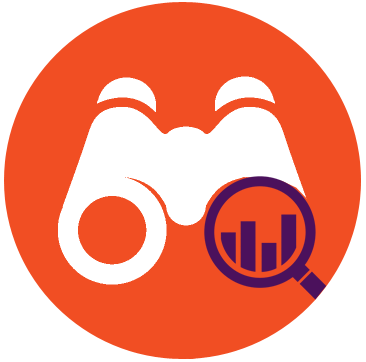In February 2011, Google introduced a brand new search filter entitled Google Panda with the aim to dramatically reduce the chances of sites containing poor quality content from reaching the top of the ranking system. Since its creation, Panda has updated Google’s algorithms on multiple occasions with one of the most significant updates occurring on September 23rd 2014, which included an algorithmic component.
The most recent Panda update sent shivers down the spines of SEO and content marketers who, following the impact of the September 23rd 2014 update, could actively notice how their sites had been affected by the vivid change. This update has been referred to by Google as the Panda 4.2 which commenced earlier this summer on the weekend of July 18th 2015. This update was barely noticeable upon its time of release and is expected to take up to several months to come into full swing, affecting around 2-3% of English search queries, according to Search Engine Journal.
The term Panda derived from Navneet Panda, one of the talented engineers from Google who developed the incredible technology that enabled Google to implement the Panda algorithm. This technology has allowed Google to focus more accurately on the quality of the content that appears high in their ranking system.
Studies have shown that 75% of search engine users never scroll past the first page of search results and because of this, it is crucial that the sites ranking high on the list do not include any irrelevant content or spam. Panda 4.2 eliminates these sites from appearing on Google’s index. Changes through the Panda algorithm affects the entire domain which means that they are site-wide.
But how can you tell if your website has been directly affected by Panda Updates? And if so, is there any way to improve or retrieve your original rankings?
Unfortunately, it is still too early in the Panda 4.2 updating process to actively notice much change to your sites ranking scores. However, some sites may begin to notice an increase or decrease in their ranking position over the next few months. If your domain has been negatively affected by Panda, it can be extremely difficult to recover from and it may take some time and effort to climb back up the ranking ladder.
Panda’s main purpose is to prevent low and poor quality websites from gaining more exposure and higher rankings than good quality sites. For this reason, it is important that your site focuses primarily on high quality content because whilst real life Panda’s may becoming gradually extinct, Google’s Panda has ditched the bamboo and set up a permanent camp within Google’s algorithm system.
Our multi-award digital agency Belfast and winning marketeers/developers are also waiting to help with any digital marketing, adwords, web design belfast, social media, SEO Belfast or Magento ecommerce web design questions you may have. We also provide training for third party SEO software tools such as MOZ to ensure you can clearly monitor progress and ensure your campaign is of the highest quality.

